Did you know that you’ll find over 10,000 species of ants in the world?
A kitchen ant infestation can be a problem, regardless of how well-equipped your kitchen is. Without experience in getting rid of ants, you might feel like it’s unstoppable. This might lead you to resent your kitchen if you aren’t careful enough.
Don’t give up yet.
With this guide, you’ll learn how to stop an ant infestation in kitchens. That way, you’ll know what to do to ensure that this menace won’t plague you any more. Read on and find out more:
1. Keep Food Crumbs Minimal
This is one of the most obvious tips but often overlooked by most homeowners. One of the primary reasons ants settle into your kitchen is because they have a rich supply of food. Always remember that these critters will bring back anything to the colony, whether it’s bread crumbs or grains of salt.
Once they do, they will tell other colony members about your kitchen. To prevent this, ensure that you regularly clean your cooking and eating space. That way, you won’t let food crumbs lying around.
2. Avoid Standing Water to Pool
Food is the primary motivator for ants to explore your kitchen. But water is as important for them to ensure their colony’s survival. Take note, even a small puddle of water can help ants to quench their thirst for a while.
If you keep up with a reliable water source, the more likely it is for the colony to stay in your kitchen. Avoid this by cleaning water spills as soon as possible. Also, check high-moisture areas whenever possible, such as refrigerators and sinks.
3. Seal Pantry Items and Keep them Above the Ground
It might make you feel inconvenient, whenever you reach into a bag of flour or a sack of snacks and find that ants are already busy with them. This means you’re likely wasting food. The worst part is that the ants already found a stable point to explore your pantry more extensively.
To prevent this, it’s better to secure all pantry items and seal them when unneeded. Store them in hard-to-reach areas. Use pantry shelves and wire racks to deter ants from reaching your precious ingredients.
4. Keep Windows and Exterior Doors Firmly Shut
Ants will always take the route of least resistance when they’re looking for nourishment. This means you’re letting ants into your kitchen if you have open windows and doors. It applies even if they only have small cracks or openings.
This means inspecting your doors and windows carefully. That way, you’ll see possible entrance points and close these gaps. It’s urgent because it’s only a matter of time before ants get inside your kitchen.
5. Look for Rips and Tears on Your Screens
Whenever the heat is rising indoors because of the warm weather, your first reaction is to open the windows. After all, the fresh breeze will flow through the screens and cool your house down. But you must be careful since the smallest of rips can offer an easy path for ants to begin invading your kitchen.
That’s why you must check your screens at the start of the summer. This ensures you can get experts to fix them to their peak condition. It’s best to do this before the hot afternoons arrive at full swing.
6. Use Vinegar or Cleaning Agents to Clean Countertops After Food Preparation
Since ants crave sugar, they’ll likely search your kitchen countertops for this ingredient. It’s especially prevalent when you’re chopping fruits for a tasty dessert. The sugary buildup left after you finish cooking can also draw ants into it.
If you’re cooking a lot, it’s better to clean your cooking surfaces using natural solutions like vinegar. This is efficient in removing sticky residue. That way, ants won’t feel tempted to invade your countertops.
7. Follow Ant Trails to Discover the Source
If you notice ants following a consistent trail into your kitchen, follow it. It’s because these critters use an invisible pheromone trail to guide the colony back to their source of food. It’s frustrating, but following this single line will help you trace the infestation.
In most cases, you’ll find a nesting spot in a secluded area. It’s usually outdoors near your kitchen. When you discover this, it’s better to call in the experts and avoid doing pest control on your own.
8. Use Bait to Get Rid of Ant Colonies
Bait traps and liquid bait are highly effective in getting rid of small infestations. These traps are great if you’re aiming to take down colonies at their source. After all, ants will eat a small portion of the bait trap and carry it back to the colony.
After a short period, the poisonous substance will reach the queen, causing her to die. Once this happens, the colony begins to collapse. This goes a long way in preventing ant infestations in kitchens.
9. Call the Experts
With so many competent companies at your disposal, it’s better to let them deal with your ant infestation problems. It’s especially when you’re having a large-scale invasion, making it difficult or dangerous to suppress on your own.
Professional ant removal experts have the knowledge and equipment necessary for a successful ant elimination job. They will treat the problem at its source, destroying the nest utterly. The best part is that they will do some follow-up inspections that aim to ascertain whether their efforts neutralized the threat completely.
Their knowledge is invaluable too, so ask them questions on how to prevent future infestations. They’ll gladly answer your queries because they care.
Get Rid of an Ant Infestation in Kitchens Today!
These are some tips to stop an ant infestation in kitchens. Use these to ensure that ants will never bother your food supplies and preparation tables again.
Do you need help dealing with various pests? If so, contact us today and schedule a consultation today.

